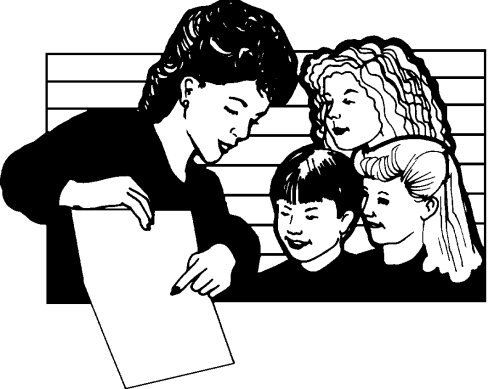

The key to do well in exams is studying hard and well, but also matters is to study in a proper manner so that your studying experience will show results.
In order to do well in your exams you need to learn how to study. Unfortunately, many schools don't necessarily prepare students for this important skill.
Here are some tips on how to study successfully so that you score well in your exams:
1] Important Topics: The topics that are really important and that are likely to show up on the test: Try to concentrate on them more.
2] Try to understand most of the things that you study: If you don't understand something, ask someone: friend or a teacher. Don't worry about asking your teachers for help - that is what they are there for and most would probably be willing to spend some extra time for your studies.
3] Don't just go through your notes, rewrite them: By doing this you will be able to remember the lectures and discussions surprisingly well. If you took notes a month ago and just found out that those notes will be relevant in your exam, rewriting them will remind you.
4] Don't study when you're really tired: Find music that relaxes you or some indoor or light out door games that will refresh you.
5] Take breaks: After studying for a while, reward yourself by going on a walk to clear your mind, chatting with friends or watching a film you enjoy. You need some time to have fun and it is better to revise when you are feeling relaxed after a break than to exhaust yourself studying all day!
6] Do practice papers and essays: and ask your teachers to mark them (or you yourselves can do that) so you can get an idea of the level you're working at and what you need to improve on. Don't panic if you get lower marks than you expected - ask what you need to work on and hopefully you'll improve in time for your exams Remember - disappointment in a lesson is much better than disappointment after an exam!
7] Finding out who is setting the exam: can be helpful... That way, you might be able to understand what sort of questions will be used (short answer, essays etc.)
8] Study Environment: What's the best environment for studying for an exam? For the most part, that's a personal decision. Some students have trouble concentrating without background music or other noise in the room. Some students study better alone, and others need company. The trick is to figure out what works best for you.
9] Flashcards and Other Tricks: This is a good way to learn definitions and important words, as you can write the word on one side and the definition on the other.
8] Underlining: Some say that you should keep your text books neat without any pen or highlighter markings. Just dont listen to them! It is very helpful to make a outline of your notes and then reading it when you revise your stuffs. If you do this, be careful not to leave out any material that's important.
Some students find it helpful simply to scribble down notes on a piece of paper as they study. Although this isn't the most organized way to study, this method can be effective in helping to reinforce material.
9] Study Groups: Again it’s a personal choice and go for group study if that improves your memory.
10] Read Before and After Class: Read it before the class in which it will be discussed, so that you are familiar with its contents. Then (re-)read it after class for better understanding and longer rememberance.
11] Do Your Homework: You should do your homework and do it on time. For Science and Maths courses you often require you to do homework exercises or problem sets. Its recommended that you do them on scrap paper, check them over, and then copy them neatly.
12] Time Mangement: This is one of the most important aspect of studying effectively. If you keep your whole schedule organized, it will be easier for you to schedule in time to study for each of your exams. This will be covered in are time management section.
